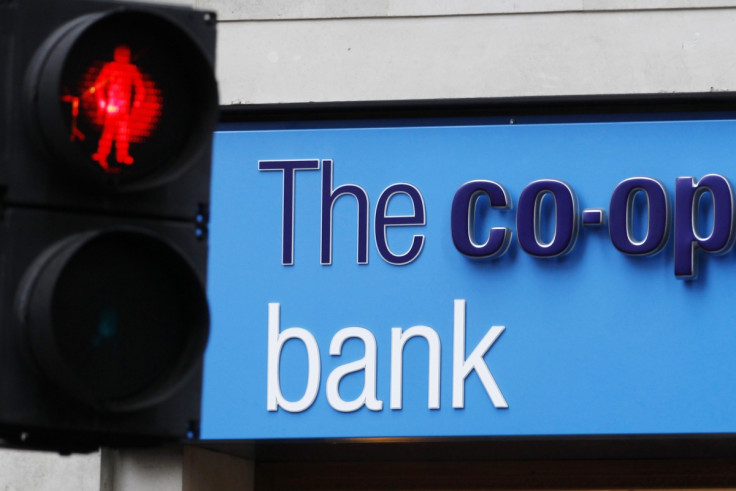Co-op's 'Culpable' Governance to be Blamed for 'Worst Year in History'

A review by Sir Christopher Kelly into the Co-op Bank's problems to be published by the end of April, will place blame on the systematic failure of its governance structure.
According to a BBC report, Kelly's findings will say that the ill-fated takeover of the Britannia Building Society kicked off a slew of problems at the group leading to a huge capital black hole and subsequently hefty losses.
Kelly's report is tipped to be "scathing" and will say that the organisation was "culpable" as checks made before it bought the Britannia were "cursory".
However, it is believed that the people who are going to be blamed for the group's problems - the Co-op Board - will claim the Kelly report is not factually accurate.
The Co-op did not return with a comment on the BBC report at the time of publication.
Co-op's Problems
The scandal-hit Co-op Group slumped to a £2.5bn (€3bn, $4.2bn) annual loss for 2013 in what bosses called the worst year in its history.
The Co-op has been swamped by severe management failings, painful losses in its banking division, and falling food sales in its supermarkets.
And the Group's former chief executive Euan Sutherland quit after just ten months in the role, declaring the members-owned co-operative to be "ungovernable".
"2013 was a disastrous year for The Co-op Group, the worst in our 150-year history," said Richard Pennycook, the Co-op Group's interim chief executive.
"[These] results demonstrate that but they also highlight fundamental failings in management and governance at the group over many years.
"These results should serve as a wake-up call to anyone who doubts just how serious the challenges we face are."
The Bank of England said in mid-2013 that the Co-op Bank had a capital shortfall of £1.5bn, which led it to be rescued by American investors. Moody's, the credit rating agency, slashed Co-op Bank to junk status as a result.
After this, the board drafted in Lord Myners, a former City minister in the UK government, to lead an independent governance review, in a bid to recommend how to reform the beleaguered company.
However, Myners announced that he would be leaving after he officially presents his findings as the board dismissed his recommended changes.
© Copyright IBTimes 2025. All rights reserved.






















